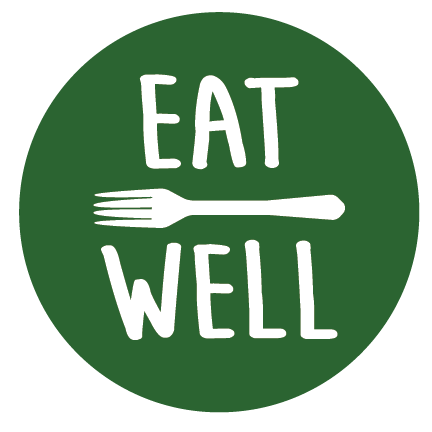Company: EatWell creates nutritious meal kits that can be prescribed to patients to alleviate food insecurity, prevent diabetes, and reduce healthcare costs. The company's kits enable patients to enjoy fresh, healthy, and tasty cooked meals at an affordable price that are quick and simple to prepare.
HQ Location & Year Founded: Boston, 2017
Founder: Daniel Wexler, Co-founder and CEO, brings a strong background in healthcare to his role leading EatWell. Prior to its founding, he worked in product and innovation at zakipoint Health. He was also a process improvement analyst with Dana-Farber Cancer Institute. Dan is a graduate in biology from Cornell University. He also holds an MBA in Health Management from St. George’s University and an MPH from the Harvard School of Public Health.
Funds Raised and VC Investors: Under $1 million from Keen Growth Capital and mission-driven angel investors
❖ Where did the idea for EatWell originate?
The idea started to formulate in 2017 while I was studying for an MD/MBA and got to thinking more about healthcare and specifically, preventative medicine. There are 1.5 million new cases of diabetes diagnosed in the US each year and $327 billion spent on treatment. Layer on top of this, 38 million Americans who experience food insecurity, who are at a 50% greater risk of developing diabetes due largely to unhealthy diets. I knew that there were so many prevalent diseases and conditions that could be prevented with the right care and food choices. Diabetes prevention saves $6,000 per patient per year. I felt that the problem had to be tackled starting in communities where these challenges were the greatest.
❖ What is the key problem that EatWell intends to solve?
I did direct research in the Boston communities of Dorchester and Mattapan to understand the choices that lower income individuals make when it comes to food and what they might not choose the healthiest options. What I identified as reasons included:
1. Healthy food is too expensive
2. Not accessible and easily available in the community
3. Don't have access to a car or public transportation
4. No time to prepare fresh dinner
5. Don’t know how to prepare healthy meals
6. Feel stagnant, always prepare the same food
I decided that I wanted to come up with a solution to solve these problems. We wanted to make eating healthy meals a part of the routine for those who do not always have the ability or opportunity to do so. We started in Massachusetts, which provides incentives to insurers to cover the cost of preventative medicine, including food, for eligible populations. This translates to no cost at all for patients.
❖ How are you most differentiated as a service?
EatWell’s solution is a meal kit that is sent to homes with all the ingredients to prepare a meal within 30 minutes in just one pot. We consulted with hospital dieticians and have a Michelin star[2] chef to make sure the meals are healthy, delicious and culturally competent. We believe that food is medicine, and we provide educational resources through videos as part of the meal preparation process to support skill-building. We help guide our consumers with recipes and tips for preparing healthy food. Our aim is to create long-term sustainable behavior change through medically tailored meals. Our studies have shown that this will reduce healthcare costs as well as improve outcomes for those who consume our meals.
❖ What are the company’s key accomplishments to date?
We have taken an evidence-based approach to understand if our business is truly having an impact. For instance, we ran a Phase 2 study that looked at the impact on 65 patients from seven health centers regarding:
● achieving food security
● closing barriers
● making food affordable and accessible
● diet and food habits
● disease prevention
We were able to drive a 40% improvement in food security among patients and a 20% improvement in fruit and vegetable consumption. We were especially happy about fruit because we do not even offer fruit in our meal kits. This was simply a spillover effect of our patients reframing their diets and making healthier choices.
We have served more than 40,000 patients to date, all without cost on their end. Soon we will be able to serve the whole household and not just the individual member. Furthermore, we provide jobs and hire directly from the communities that we serve.
❖ What lies ahead in the plans for EatWell?
EatWell currently delivers between 50-150 kits per week. However, this is just the beginning as focus on collaborating with partners to collect data, demonstrate impact and develop the ability to eventually scale nationally. We will serve patients across Massachusetts by the end of the year, and we will add New York next year.
Ron’s Take
Access to affordable healthy food is one of the biggest and most persistent challenges to lower income families. The result speaks for itself in the levels of diabetes, heart disease and other diseases that can be prevented with proper diet and lifestyle. While still very early, EatWell shows remarkable promise from the controlled studies that it has conducted. If “food is medicine” and health insurers demonstrate a willingness to support healthy food shifts in communities where it is most needed, patients and their families will benefit alongside society at large. Social entrepreneurs like Daniel Wexler and the investors who back them will be doing a great service by enabling the shift to healthier living.


